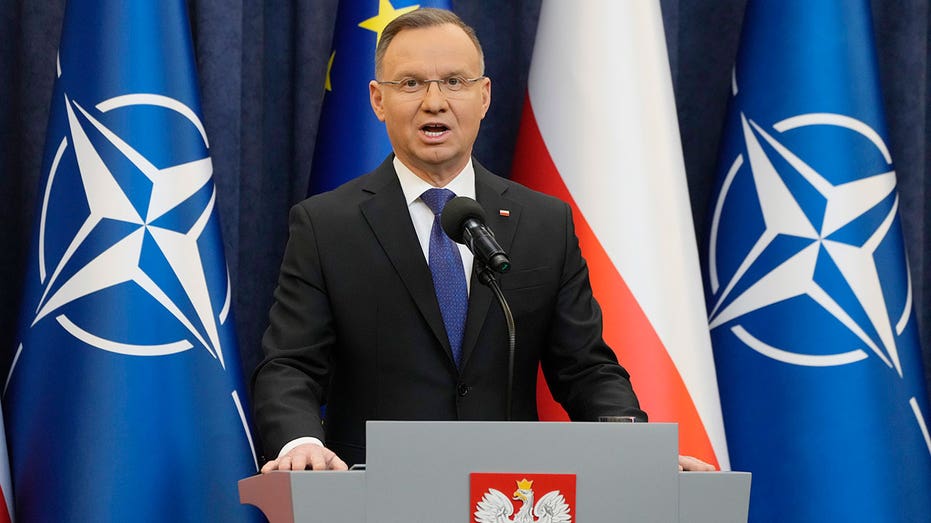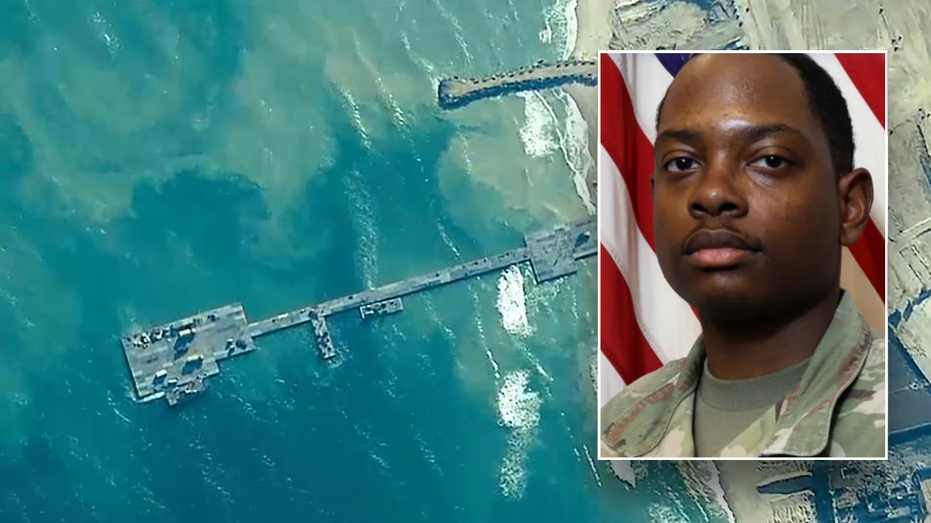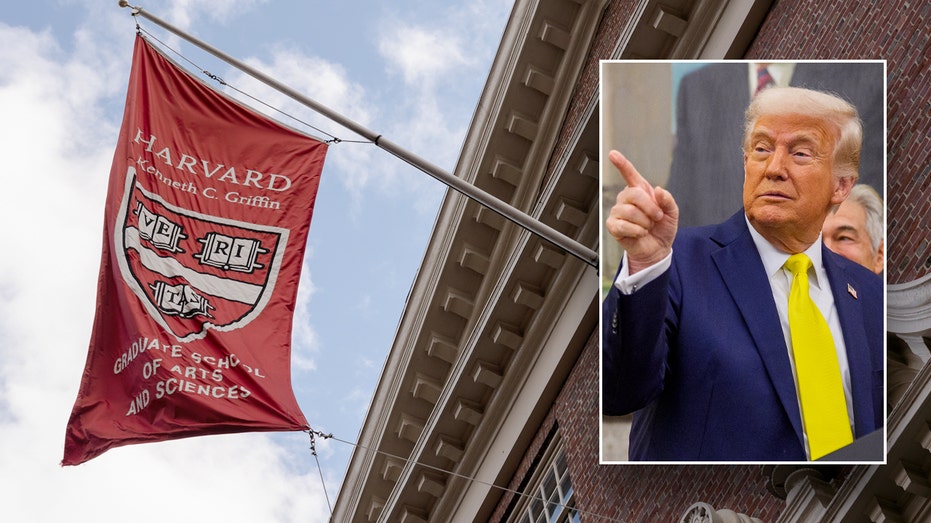Poland’s president said Thursday that he has started the process to once again pardon two politicians who were arrested earlier this week amid a bitter standoff between the new government and its national conservative predecessor.
The development came as tens of thousands of people with anti-government banners and Polish flags gathered for a protest in front of the parliament building in Warsaw. The demonstration was organized by the now opposition party Law and Justice, which held power for eight years until last month and is closely aligned with President Andrzej Duda.
Law and Justice, frustrated over its recent loss of power, urged its supporters to protest moves by the new pro-European Union government to take control of state media. It also said it was protesting the arrests Tuesday of the two senior party members who served in the Law and Justice government, former Interior Minister Mariusz Kamiński and his former deputy, Maciej Wąsik.
POLISH PRIME MINISTER TUSK SWORN IN, REPLACING CONSERVATIVE PARTY AFTER 8 YEARS
Kamiński and Wąsik were convicted of abuse of power for actions taken in 2007, when they served in an earlier Law and Justice-led government. Duda pardoned them in 2015, though legal experts argued that the pardons weren’t legal, because presidential pardons are reserved for cases that have gone through all appeals, which wasn’t the case then.
In June, Poland’s Supreme Court overturned the pardons and ordered a retrial. Kamiński and Wąsik were convicted and sentenced in December to two years in prison. Police on Tuesday arrested them while they were at Duda’s presidential palace, where they had received protection for much of the day.
Duda had long maintained that his first contentious pardons in 2015 were legal, and he didn’t need to pardon them again. But on Thursday, he said he was initiating clemency proceedings for the two men at the request of their wives. This time, Duda appealed to the justice minister, who is also the prosecutor general, to approve their pardons and to release the two men from prison while the decision is being made.
His announcement came shortly before the protest organized by Law and Justice, which had governed since 2015 before losing October’s parliamentary election. Now in the opposition, the party called it a protest of “Free Poles” in defense of democracy and free media, although during its time in power, Poland’s international media freedom ranking fell significantly.
Emotions have been riding high over an escalating standoff between the current and the previous government.
Earlier on Thursday, a contentious chamber of the Supreme Court, still controlled by Law and Justice, ruled that the October election was valid. The election had a record nationwide turnout of more than 74% and gave power to a coalition of parties opposed to Law and Justice.
POLAND’S PRIME MINISTER APPOINTS NEW HEADS OF STATE SECURITY
The new government of Prime Minister Donald Tusk is set on reversing some policies of its populist predecessor, including ones that brought conflict with the EU, such as changes that put Poland’s justice system under political control.
In one of its first steps, Tusk’s government moved to take control of state television, radio and news agency PAP, which Law and Justice turned into tools of aggressive propaganda against its critics and against Tusk personally.
Leaders of the former government maintain that Tusk’s moves were illegal and have staged occupations of the media premises, saying they are defending free media and democratic norms. Commentators say Law and Justice wants to keep control of the nationwide broadcasters before local administration elections this spring.
The Helsinki Foundation for Human Rights in Warsaw said that the manner in which the new government has taken control of state media “raises serious legal doubts.”
While in power, Law and Justice was repeatedly accused by law experts of violating Poland’s legal order and the rule of law.




